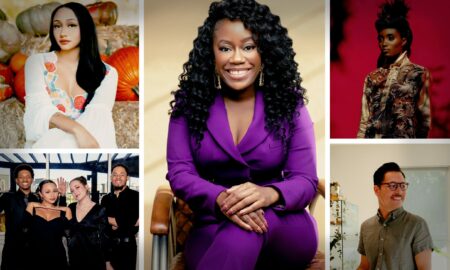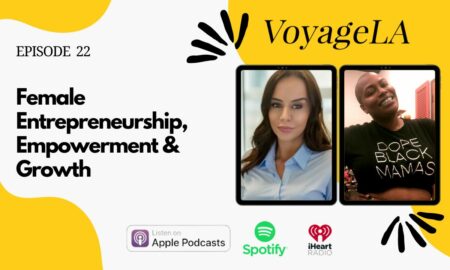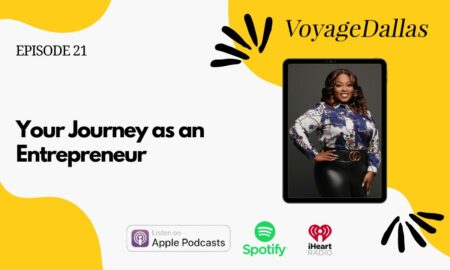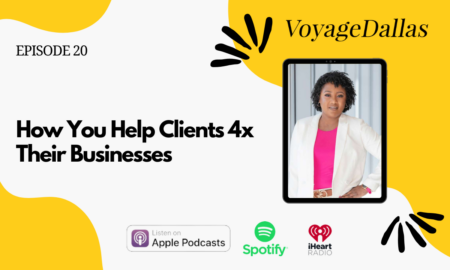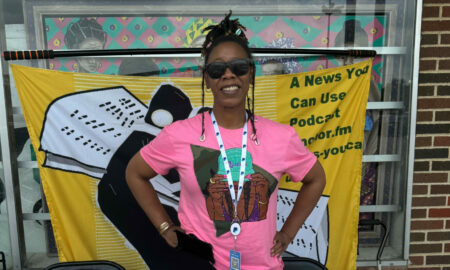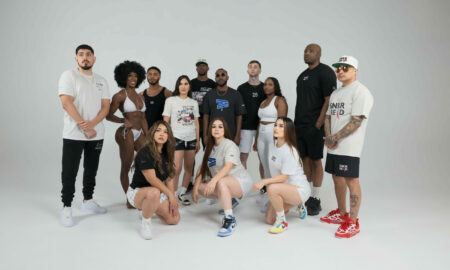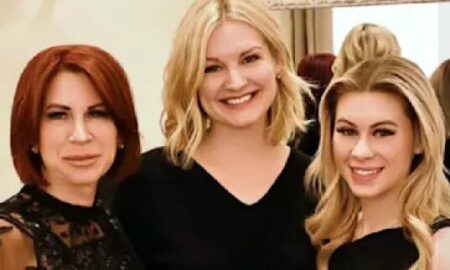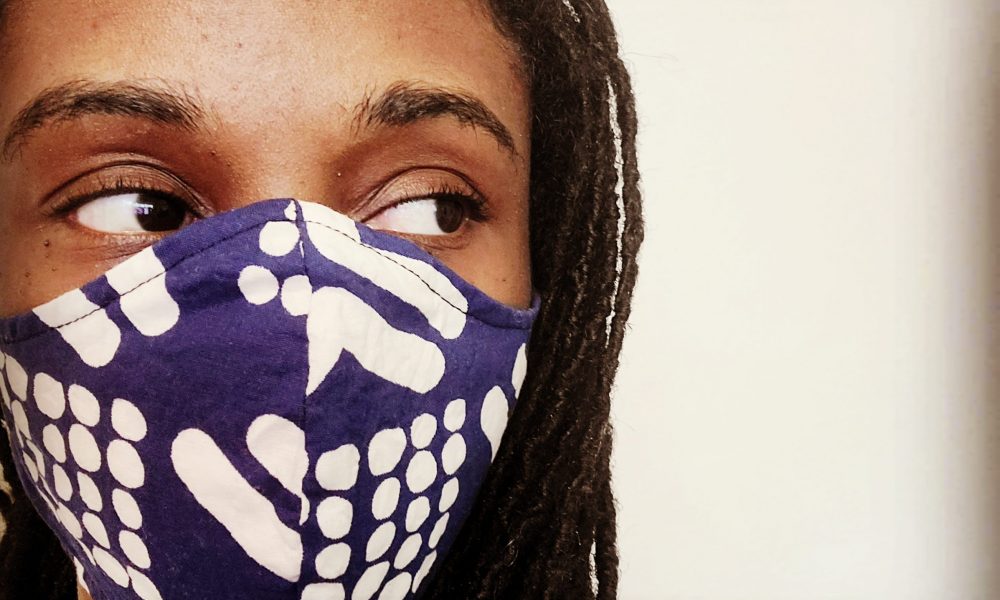

Today we’d like to introduce you to Brandi Waller-Pace.
Brandi, please share your story with us. How did you get to where you are today?
I grew up an artsy kid. I loved visual art, music, dance. I attended a high school with a magnet arts program and then went to Howard University, where I earned my bachelor’s and master’s degrees in jazz studies. Not long after, I moved to Fort Worth and began teaching elementary music and working as an instructor and artist in residence at Arts Fifth Avenue. As my knowledge of teaching methods and classroom management increased, I was also learning more about how our school system functions and beginning to dig deeper into the systemic norms that have been taken for granted. A turning point for me was when my oldest child started kindergarten at a school not far from where I taught at the time.
The difference in demographics and resources was extreme. I was familiar with the idea of educational inequity, but seeing it in my face when looking at the experiences of my own children compared to those of my students had an even bigger impact. I got involved in district committee work, which led me to become a member of the FWISD Racial Equity Committee. The training and interactions I have had through the committee have been invaluable. I completed a fellowship with Leadership ISD that focused on inequity in education, which added to my experience. This wasn’t just data and other people’s stories for me, though; this work spoke to my life experiences as a former student, Black woman, teacher, mother of Black children. At the same time, I applied everything I learned to my classroom, my music education professional development, and my interactions within the teaching community. This leads to a lot of discussions, and at one point, a couple of teachers asked me if I had thought about creating a place to share my research and learning. Things reached a tipping point, and with the support of friends and peers, Decolonizing the Music Room was born.
Has it been a smooth road?
There has been a pretty balanced combination of smooth and rocky. Launching my organization resulted in making connections with other educators with approaches similar to mine that I didn’t know were out there. We have found strength in each other, and I now have a network of people with home I can share and grow. DTMR has been getting more and more attention from the music ed community over time, which means I am able to share my approach and do more work with others- hopefully have a broad influence.
On the other hand, I talk about race. A lot. My work takes a critical look at things that my field broadly considers the standard but are harmful, and works to disrupt them. This causes discomfort and defensiveness. I am a Black woman. I have experienced microaggressions, erasure, flat out racist behavior, and people who fiercely protect the status quo and their positions of privilege. I have had to learn a lot about establishing boundaries and protecting myself and my work.
Also, starting a nonprofit is time-consuming work! Not only is there a lot to do logistically, but my organization’s mission is very personal to me and that means I extend emotional labor. At the same time, I have three kids to parent-I have to work hard to balance things so that we have time together and I can actually be attentive to and supportive of them.
We’d love to hear more about Decolonizing the Music Room.
My nonprofit is called Decolonizing the Music Room. Our mission is to use research, training, and discourse to help music educators develop critical practices and center the voices, knowledge, and experiences of BBIA (Black, Brown, Indigenous, and Asian) people in order to challenge the historical dominance of white Western European and American music, narratives, and practices. We at DTMR aim to disrupt the minimization and erasure of non-dominant cultures and identities in the field of music education to build a more equitable future through our work.
This centering, or putting the focus on, BBIA people is what we are known for. The teaching field is predominantly white, and so are most music education organizations, particularly their leadership. Our staff and board are BBIA, and so are almost all of our contributors. This is not something that is common in the music education world. Even our name gets a strong reaction. The usual means of engaging in dialogue around race, marginalization, erasure, etc. in our field is more roundabout, cautious, and we are known for being direct. We establish norms around dialogue within the community that reinforce our mission and keep it at the forefront. We advocate for BBIA teachers being paid for their labor, which is something most music education settings expect us to do for free.
I am proud that we model learning, growing, and adapting. We don’t cling so tightly to terminology or the ways in which we deliver content that we are unable to listen to people who present us with new information. If it turns out we need to make a change. We do it.
Is our city a good place to do what you do?
I feel like Fort Worth is a good place to do what I do. Though our public school district still has a long way to go, they have gone far beyond what many others are doing in terms of acknowledging racial disparities and educational inequity and actually taking some action to do something about it. Outside of the school system, there is strong community activism. There is a rich arts scene that is constantly growing. If we really take time to listen to Black and Brown folks, invest in those who aren’t at the top of the economic chain, and take a hard look at what systemic issues we have been perpetuating, things will improve much more. Whether or not my city would be a good place for someone else to start out isn’t something I can answer; I feel like relationships with cities are like relationships with people, and are extremely varied.
Contact Info:
- Website: www.decolonizingthemusicroom.com
- Phone: 8174059046
- Email: info@decolonizingthemusicroom.com
- Instagram: https://www.instagram.com/decolonizingthemusicroom/
- Facebook: https://www.facebook.com/groups/decolonizingthemusicroom/
- Twitter: https://twitter.com/Decolonizemusic





Suggest a story: VoyageDallas is built on recommendations from the community; it’s how we uncover hidden gems, so if you or someone you know deserves recognition please let us know here.










